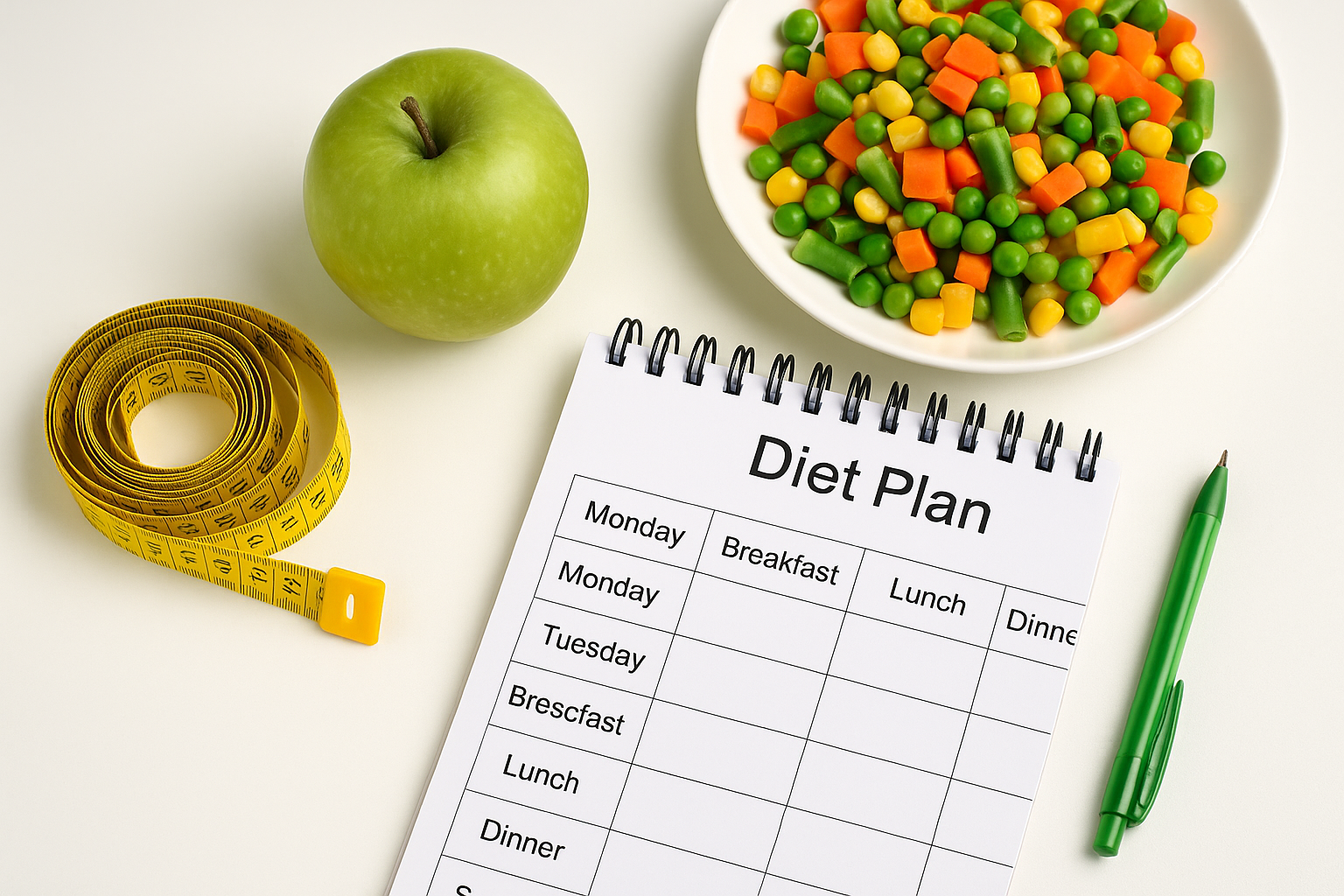Fat Loss Roadblocks: 7 Mistakes That Are Sabotaging Your Metabolism
Embarking on a journey toward fat loss can often feel like navigating a complex maze, with metabolism at its core. Metabolism, the body's engine for converting food into energy, plays a crucial role in determining how efficiently we burn calories. However, many individuals unknowingly sabotage their metabolic processes through common mistakes. These errors can create significant roadblocks on the path to fat loss, leading to frustration and stagnation. In this article, we will delve into seven prevalent mistakes that can hinder metabolic efficiency, offering insights and strategies to overcome these obstacles and optimize fat loss.
1. Skipping Meals and Its Metabolic Impact

One of the most common misconceptions in the pursuit of fat loss is the belief that skipping meals will reduce calorie intake and accelerate weight loss. However, this approach can backfire by slowing down your metabolism. When you skip meals, your body enters a conservation mode, anticipating a lack of food. This triggers a decrease in metabolic rate as your body strives to preserve energy. Moreover, skipping meals often leads to increased hunger and overeating later in the day, which can result in a net gain of calories. To maintain a healthy metabolism, it's essential to eat balanced, regular meals that keep your metabolic engine running efficiently.
2. Over-Reliance on Low-Calorie Diets

While reducing calorie intake is a fundamental aspect of weight loss, excessively low-calorie diets can be detrimental to your metabolism. Consuming too few calories signals your body to conserve energy, slowing down metabolic processes. This can lead to a plateau in weight loss efforts and a decrease in muscle mass, which further diminishes metabolic rate. Instead of drastically cutting calories, focus on a sustainable, nutrient-dense eating plan that supports muscle maintenance and provides adequate energy for daily activities. Incorporating lean proteins, healthy fats, and complex carbohydrates can help boost metabolism and facilitate long-term fat loss.
3. Neglecting Strength Training

Cardiovascular exercise is often prioritized in fat loss routines, but neglecting strength training can be a significant metabolic roadblock. Muscle tissue is metabolically active, meaning it burns more calories at rest compared to fat tissue. By incorporating strength training into your fitness regimen, you can increase muscle mass, which in turn elevates your resting metabolic rate. This enhancement in metabolism not only supports fat loss but also improves overall body composition. Aim to include resistance exercises that target major muscle groups at least two to three times per week to maximize metabolic benefits and achieve a more toned physique.
4. Inadequate Protein Intake

Protein plays a vital role in maintaining a healthy metabolism, yet many individuals fail to consume enough of it. Protein requires more energy to digest compared to fats and carbohydrates, a phenomenon known as the thermic effect of food. This process temporarily boosts metabolism after eating. Additionally, adequate protein intake supports muscle repair and growth, which is crucial for preserving lean body mass during weight loss. To optimize your metabolism, aim to include a source of lean protein in each meal, such as chicken, fish, tofu, or legumes. This will help you feel satiated and maintain muscle mass while promoting efficient calorie burning.
5. Insufficient Sleep and Metabolic Consequences

Sleep is often overlooked in the context of metabolism and fat loss, yet it plays a critical role in regulating metabolic processes. Inadequate sleep disrupts hormonal balance, particularly the hormones responsible for hunger and satiety, such as ghrelin and leptin. This imbalance can lead to increased appetite and cravings, often for high-calorie foods. Moreover, sleep deprivation can reduce insulin sensitivity, making it harder for the body to process glucose efficiently. Prioritizing 7-9 hours of quality sleep per night is essential for maintaining a healthy metabolism and supporting your fat loss efforts.
6. Chronic Stress and Its Metabolic Toll

Chronic stress can be a significant roadblock to fat loss due to its impact on metabolism. When stressed, the body releases cortisol, a hormone that can increase appetite and promote fat storage, particularly around the abdominal area. Additionally, stress can lead to emotional eating and poor food choices, further hindering weight loss efforts. To combat the metabolic effects of stress, incorporate stress-reduction techniques into your daily routine, such as mindfulness meditation, yoga, or deep breathing exercises. By managing stress effectively, you can help regulate cortisol levels and support a more efficient metabolism.
7. Dehydration and Metabolic Efficiency

Hydration is a key factor in maintaining an efficient metabolism, yet it is often underestimated. Water is essential for numerous metabolic processes, including the breakdown of fat and carbohydrates. Dehydration can slow down metabolism and impair the body's ability to burn calories effectively. Additionally, thirst is sometimes mistaken for hunger, leading to unnecessary calorie consumption. To support a healthy metabolism, aim to drink at least eight 8-ounce glasses of water per day, and more if you're active. Staying hydrated will not only enhance metabolic function but also improve overall energy levels and well-being.
8. Ignoring the Role of Micronutrients

While macronutrients like proteins, fats, and carbohydrates are often the focus of fat loss strategies, micronutrients play an equally important role in supporting metabolism. Vitamins and minerals such as B vitamins, magnesium, and iron are crucial for energy production and metabolic efficiency. A deficiency in these nutrients can lead to fatigue, decreased metabolic rate, and impaired fat oxidation. To ensure adequate micronutrient intake, consume a varied diet rich in fruits, vegetables, whole grains, and lean proteins. Consider a multivitamin supplement if dietary sources are insufficient, but prioritize food-based nutrients for optimal metabolic health.
Navigating the Path to Metabolic Success

Achieving successful fat loss requires more than just cutting calories and increasing exercise; it demands a comprehensive understanding of the factors that influence metabolism. By recognizing and addressing common metabolic roadblocks, such as meal skipping, inadequate protein intake, and chronic stress, you can create a more effective and sustainable fat loss strategy. Remember, a healthy metabolism is not just about burning calories; it's about supporting overall health and well-being. By making informed choices and adopting a balanced approach, you can overcome these roadblocks and pave the way for lasting metabolic success.